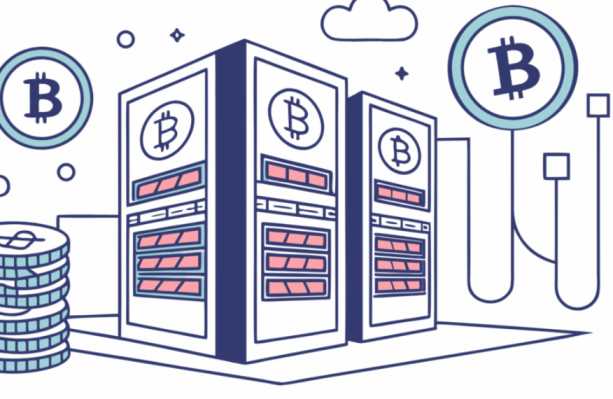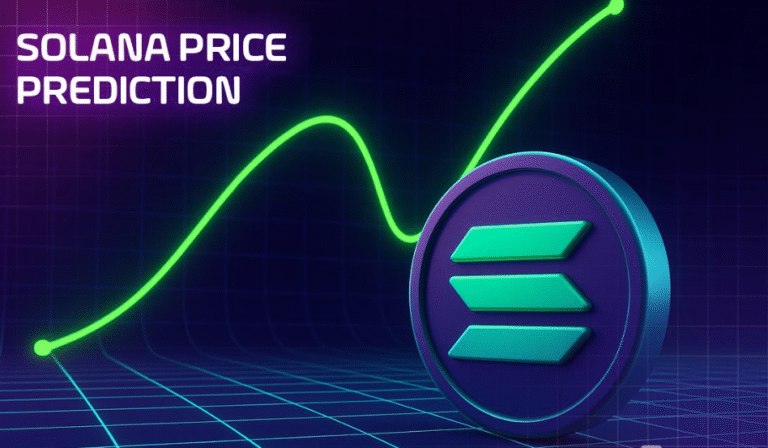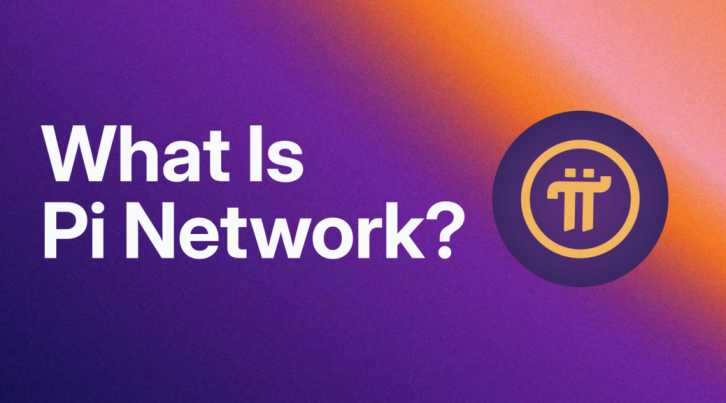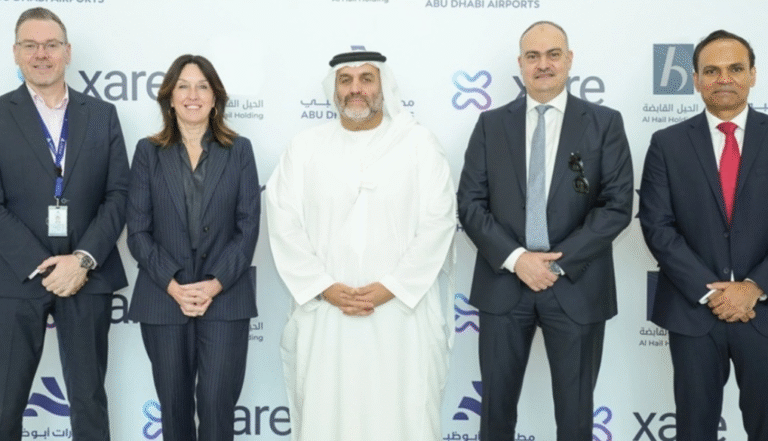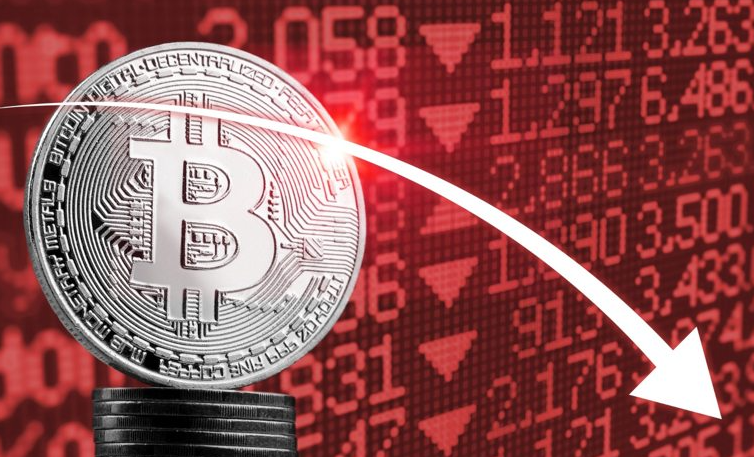BITCOIN MINER DEFIES 1-IN-10-MILLION ODDS—BUT IS SOLO MINING STILL PROFITABLE IN 2025?
How a Solo Bitcoin Miner Overcame 1-in-10-Million Odds to Earn $347,000—and What It Says About Mining in 2025?
Solo Miner Scores a Rare Bitcoin Win
A recent post on Reddit’s r/Bitcoin community has captured the attention of crypto enthusiasts worldwide. A user claimed they successfully mined a Bitcoin block entirely on their own—without the backing of any large mining pool.
Bitcoin Price Dips amid $1.2B ETF Outflows; $107K Support Becomes Key
The block in question, number 920440, included the standard reward of 3.125 BTC plus transaction fees, bringing the total payout to roughly $347,000 at the time.
Mining a Bitcoin block means solving an extremely complex cryptographic puzzle that requires immense computing power. Miners continuously test random numbers, called nonces, until one produces a valid hash that meets Bitcoin’s network difficulty level.
To maintain balance, the network automatically adjusts this difficulty so that a new block is discovered about every ten minutes—no matter how many miners are competing. For solo miners, the process is both thrilling and risky: they either find a block and earn the entire reward or get nothing at all.
In today’s landscape, massive mining pools dominate the Bitcoin network. A small, independent miner running just a few machines has odds as low as 1 in 200 million of finding a block on their own. Yet, rare victories still happen. CKPool, a service that supports solo miners without pooling their rewards, has recorded several such lucky wins over the years.
The Reddit user claimed they were using an Umbrel Mini device for mining when the notification popped up: “You found a block.” The post quickly went viral, drawing congratulations from the Bitcoin community—though some members called for blockchain verification before celebrating the claim.
Blockchain Data Confirms the Win
Every Bitcoin block is fully transparent and can be verified on the blockchain, including details like timestamp, mining entity, difficulty level, and reward earned.
A review of block 920440 confirmed the Reddit user’s story. The block was mined on October 23 at 19:32 UTC and included a Coinbase tag (a brief message embedded in the block) reading: “Public Pool on Umbrel.”
Blockchain Data Confirms Solo Miner’s Rare Bitcoin Block Win
This tag, added automatically by the miner’s software, identifies the setup that generated the block and aligns with the Reddit user’s claim of using a public pool on an Umbrel Mini device.
ETH Maintains $3,900 Level Despite 2% Pullback in the Last 24 Hours
No major commercial mining pool uses that tag. Typically, blocks mined by large operators such as Foundry USA, F2Pool, or AntPool include their names directly in the Coinbase message.
The absence of those identifiers—combined with the presence of a custom tag—strongly suggests that this block was indeed mined by an individual rather than a large-scale pool.
Blockchain data further illustrates just how rare this event was. The block’s difficulty stood at roughly 2.07 quadrillion, while the overall network difficulty hovered around 146 trillion.
At that rate, a home miner generating only one terahash per second would statistically need to mine for hundreds of millions of years to achieve a similar success, making this solo win an extraordinary stroke of luck.
Defying the Odds: How One Miner Beat Bitcoin’s Improbable Math
Even in a system ruled by probability, rare outcomes can still happen. Bitcoin’s proof-of-work mechanism is designed so that every participant—no matter how small their setup—has a measurable, if tiny, chance of success.
The block in question showed no irregularities. It included over 2,100 transactions, nearly 89% of which used SegWit, consistent with typical Bitcoin network activity.
Bitcoin slips under $112K following Trump’s ban that heightens U.S.–China trade dispute
All the technical evidence points to a single conclusion: a miner operating a solo Umbrel-based setup appears to have legitimately mined block 920440, achieving a feat that defied astronomical odds.
Why Solo Bitcoin Mining Is Nearly Impossible
While Bitcoin mining may sound like a level playing field, the reality is vastly different. Every miner competes to solve the same cryptographic puzzle, but their chances depend heavily on hardware power, electricity costs, and overall mining scale.
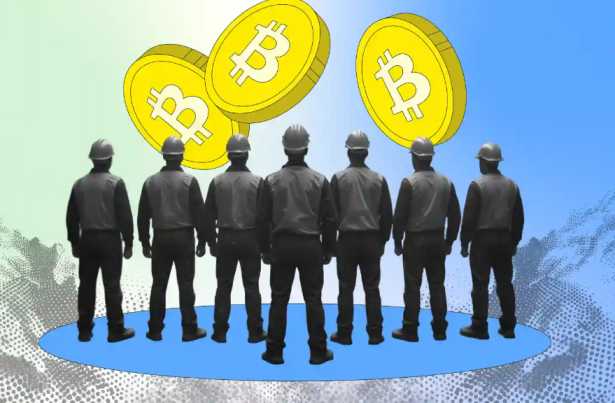
A home miner typically operates with one or two machines called ASICs (Application-Specific Integrated Circuits). These devices are purpose-built for Bitcoin mining and can perform trillions of calculations per second. Yet even this impressive capability is a drop in the ocean compared to the global network.
As of October 27, the Bitcoin network runs at around 1.035 zettahashes per second, meaning it performs more than one sextillion (10²¹) calculations every second. Against that immense power, the odds of a single home miner discovering a block remain astronomically low—making this solo win truly extraordinary.
